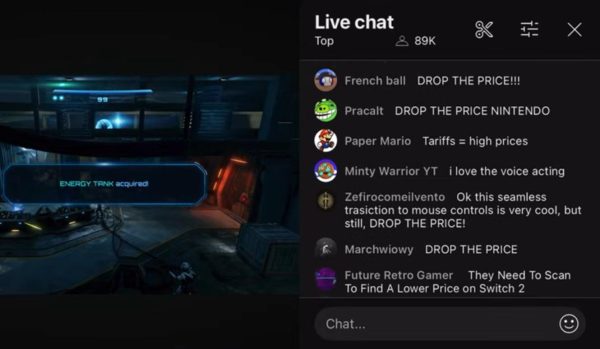2022 Maurice Brown Reading with Christine Hume
The Department of English and Creative Writing hosted the annual Maurice Brown Reading on Sept. 21st in the Oakland Center Ballroom C at 6 p.m., featuring special guest Christine Hume reading two excerpts from her writing.
Hume is an accomplished American poet and essayist who has won several accolades with her writing, including a Green Rose Award. She writes poems and essays that explore various topics, such as gender, disability, girlhood, sex offenders and experiences of being a woman of color.
Hume is a professor at Eastern Michigan University and has also taught in Petersburg, Russia and Mexico.
Professor Jeff Chapman introduced Hume, citing how she describes herself as “constitutionally restless.” Hume’s accolades are well earned because of her writing.
“These pieces challenge traditional forms of genre,” Chapman said.
Hume writes specifically about the “experiences of women of color in America in times of violence.”
Professor Chapman discussed one of Hume’s pieces that talks about being a woman in a world of violence.
“Each line is an eerie echo,” Chapman said of the piece.
Hume also writes feminist retellings of myth and social engagement in the 21st Century.
Her first reading, “Hum,” talks about no beginning or end sound. The poem goes into detail about the sound, and how other people notice it.
“Was I becoming a witch or a weird sister? If feared becoming possessed by spirits,” were among the standout lines from “Hum.”
“An aimless hum accompanied me,” were some additional lines to remember.
Hume’s description of sound is very prevalent. There are talks of violence, electroshock usage in science and other violent themes connected with the allegory of Medusa’s severed head.
“Picture the head of Medusa, shrieking whole. Shrieking whole, shrieking whole. Mouth gaping,” Hume wrote.
The next piece, “No Woman I Know,” explored themes of different women going invisible. The imagery is haunting, and very direct.
“No woman I know disappears into books disappearing women written by men,” and, “No woman I know waited as a child to go extinct,” are some distinct lines from this poem.
“No Woman I Know” encapsulates fears of being a woman, and how sounds and thoughts portray the feeling of fear and disappearing. Invisibility and vanishing are big themes here — there’s a buildup into women disappearing, mentioning footprints and vanishing points with each line starting with, “no woman I know.”
Once the readings concluded, Hume answered some questions from the audience and talked about her writing process. One student asked if poetry came to her naturally.
“We make our own inspiration,” Hume said. “It seems like the best way of being a writer is being open all the time [to] whatever material catches your interest. To be a writer is to be obsessed with certain objects, certain technical things — even with language. Also to fool yourself into thinking you’re writing something new, or finding new ways to enter those obsessions. Ideally, it’s both.”
The next question related to the argument of the poem.
“There’s always tension in a poem,” Hume said. “I’m not gonna settle any disputes here. I’m not interested in conventional arguments. I consider these essays. I’m trying to work between just facts and specific experience.
“This is an excerpt from a much longer project,” she continued. “The way it started was after Trump was elected, I interviewed friends with mine with daughters, specifically. We thought out loud, specifically, [about] how we would handle this moment, how we would teach our daughters to handle patriarchy in an oppressive system. The images are not documentary in a sense that each image relates to the text — the individual and the collective. There’s a lot of threshold moments here.”
Hume also commented on her creative process.
“Finding the things that bring you joy and pleasure — it’s a part of a life of writing,” she said. “I always have something I’m working on — I’m a slow writer, always having something that’s open to return to. Revising it is a good way of reconnecting to the energy that created it, feeding on those sources.”






